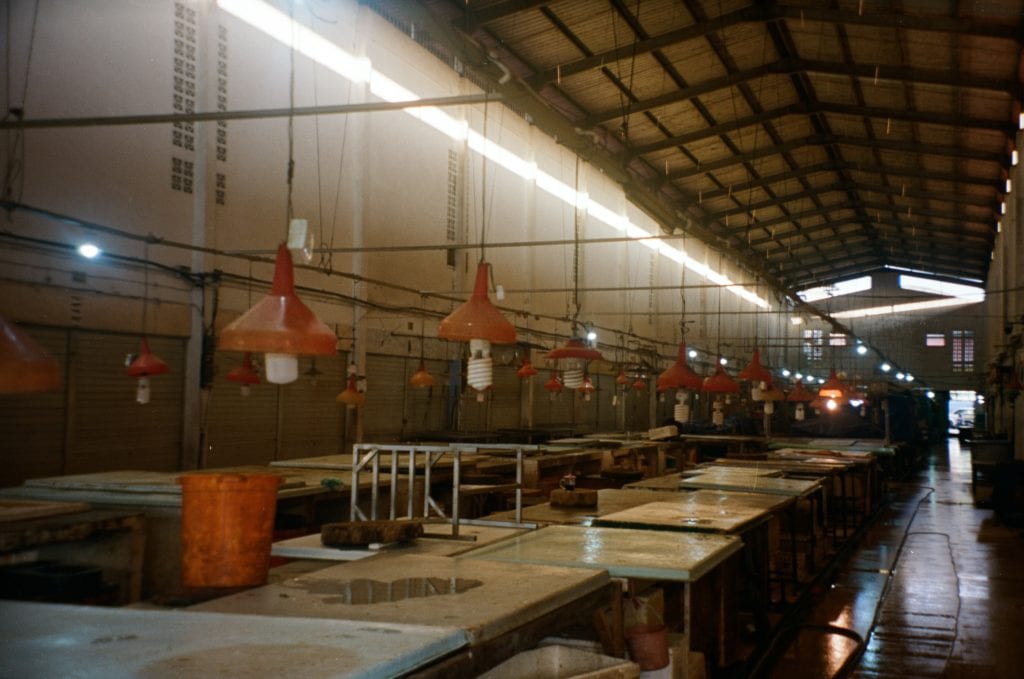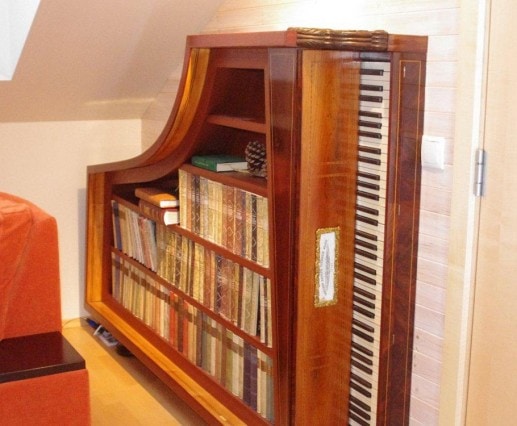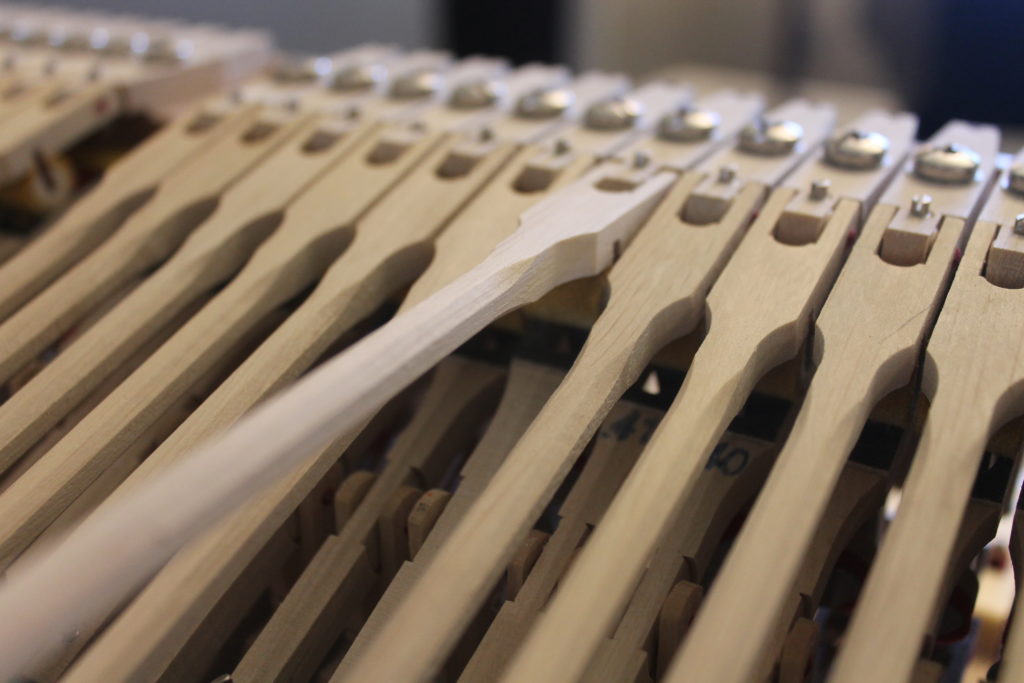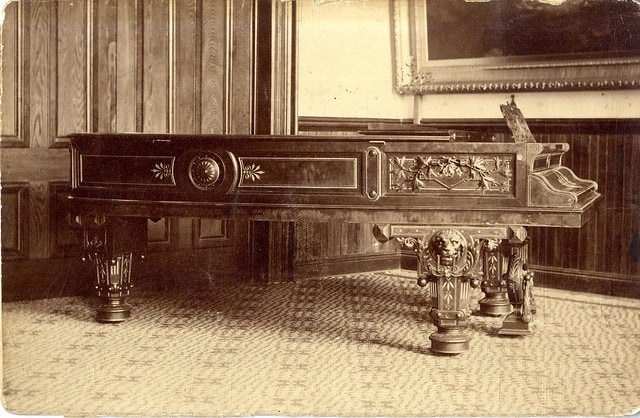Note: This is the first post in a series in response to the recent explosion of articles and posts on the value and lifespan of pianos.
A few weeks ago, a New York Times article on the increased frequency of pianos being consigned to the dump created quite the brouhaha on the internet.
My Google Alert for “piano” exploded as a multitude of other news sources provided their own commentary on the issue, along with the reactions of the general public as they started discussion boards and wrote letters to the editor with their own opinions on how pianos that have reached the end of their life spans should be treated. Weeks later, follow-up articles, blog posts, and published letters to the editor on the issue still pop up on my Google Alert with regularity.
The prevailing responses have been of horror, blaming adults for quitting the piano lessons of their youth, decrying the barbarism of shoving pianos backwards into a dump, lamenting our fast-paced society that throws anything away at the drop of a hat, and filled with plaintive wails of,
“WHY CAN’T THEY BE DONATED TO [insert worthy non-profit organization here]?!?!?!”
I have witnessed said horrified reactions numerous times, most recently when a person banged on the door of the piano shop where I work and wanted to know if he could have the piano sitting outside by the back dumpster.




